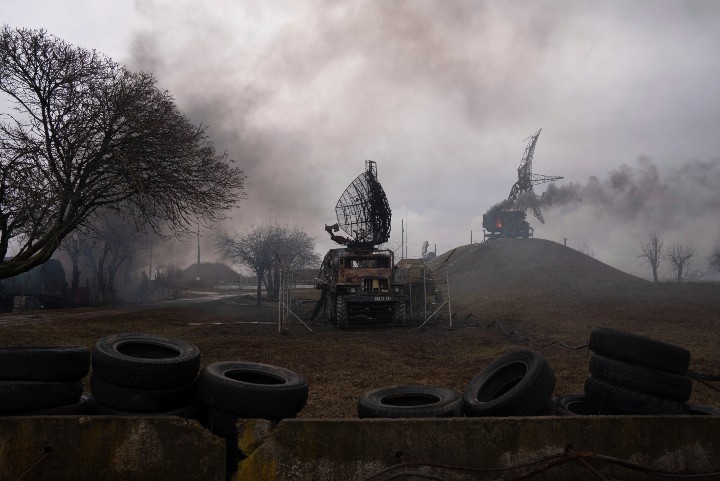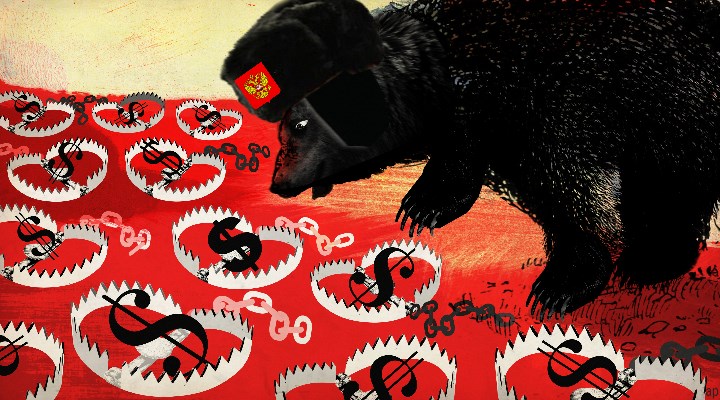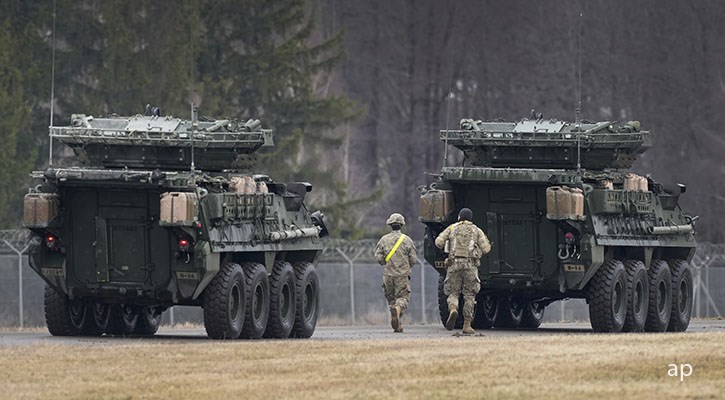.jpg)
Before the war broke out, the Russian market was seen as an exciting addition to a lot of investors if you could cope with volatile market returns. Russia has a lot of exciting companies with their main sectors being energy, mining, forestry, and agriculture. Something us Europeans have become widely aware of as we are now trying to free ourselves from Russian oil and gas. They are also world leaders when it comes to the production of diamonds, with about twice the production of Botswana, number two on the list.
So European investors’ interest in the Russian market is not particularly surprising. There have certainly been possibilities for high returns. But even before the war, these investments came with several risks. The first is political. Russia has had a strained relationship with many other countries for a long time, but even within the country there has been evidence of serious problems for a long time. Among other things, it is stated that respect for human rights is deteriorating, the space for civil society is shrinking and legislation against, among other things, extremism, treason, terrorism, and separatism is being used to silence dissenters and critics.
There is also always a currency risk when investing in a market with another currency than your own. However, the Russian ruble can be seen as even more volatile than many other currencies, largely due to the political risk in the country and the way the outside world views Russia.
The Russian market has also been strongly influenced by how the demand for oil, gas and raw materials has changed, as these commodities make up such a large proportion of the Russian market. With the transition to more sustainable energy sources, assets like these have long ranked poorly in various sustainability indices and ratings – and raises another risk, that of “stranded assets”.
Will Moscow Open Again?
With the Russian stock market being closed to most non-resident investors, foreign fund managers have not been able to make any trades on the Russian market resulting in the suspension of funds with a large exposure to Russian stocks. If you own a Russian equity fund, your hands are therefore tied at the moment. Some of these funds have gone into liquidation, but any remaining assets cannot be paid out until the funds are able to sell their remaining shares. When this might happen is unknown.
East Capital, with one of the largest Russian Equity funds in Europe, stated on their website that it appears unlikely that the Moscow Exchange will open up for foreign investors in the near future, making it increasingly complicating to determine a fair value on portfolio holdings.
How Much Money Will be Lost?
Most of the mutual funds in the Morningstar category “Russian Equity” have not reported any NAV-figures since the Russian stock market closed for foreign investors. Which means that we can only speculate what the true losses might be.
But let’s speculate. At the start of 2022 the total assets in Russian Equity funds were €5.3 billion (US$ 5.7 billion), according to Morningstar Direct data. A year later the same number has plunged to €79 million. An astonishing drop that, if the data was reliable, would mean that 98.5% of the assets in Russian equity funds would have been wiped out.
Although I emphasise the uncertainty with these figures a few managers have stated that they have written down their Russian assets to zero. Meaning anyone who owns Russian Equity funds should be prepared for a total wipeout.
“As soon as the conflict happened, most investment managers have written their Russian investments down to zero,” said David Fairs, executive director of regulation policy at The Pensions Regulator (TPR) shortly after the war broke out.
Total net assets of €5.3 billion might sound astonishing, but if we put the figure in relation to the total European fund market it soon fades. The total net assets in Europe at the end of 2021 amounted to €12.58 trillion, meaning that Russian equity funds made up 0.04%. In relation to the assets in European equity funds the Russian equity funds market share was 0.10% at the end of 2021.
Rush for the Exit
Most of the European asset managers have also made it clear that no further investments will be made in Russia. That opens up for a massive sell-off when the market reopens, which will lead to crashing stock market prices leaving investors with little, if not nothing, of their fund investments left.
All in all, if you are one on the investors sitting with a Russian equity fund, your safest bet is to prepare for all your money to be gone.












.png)









